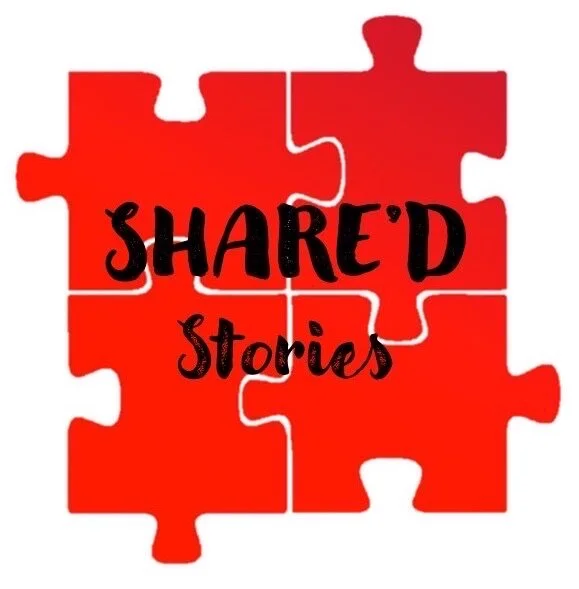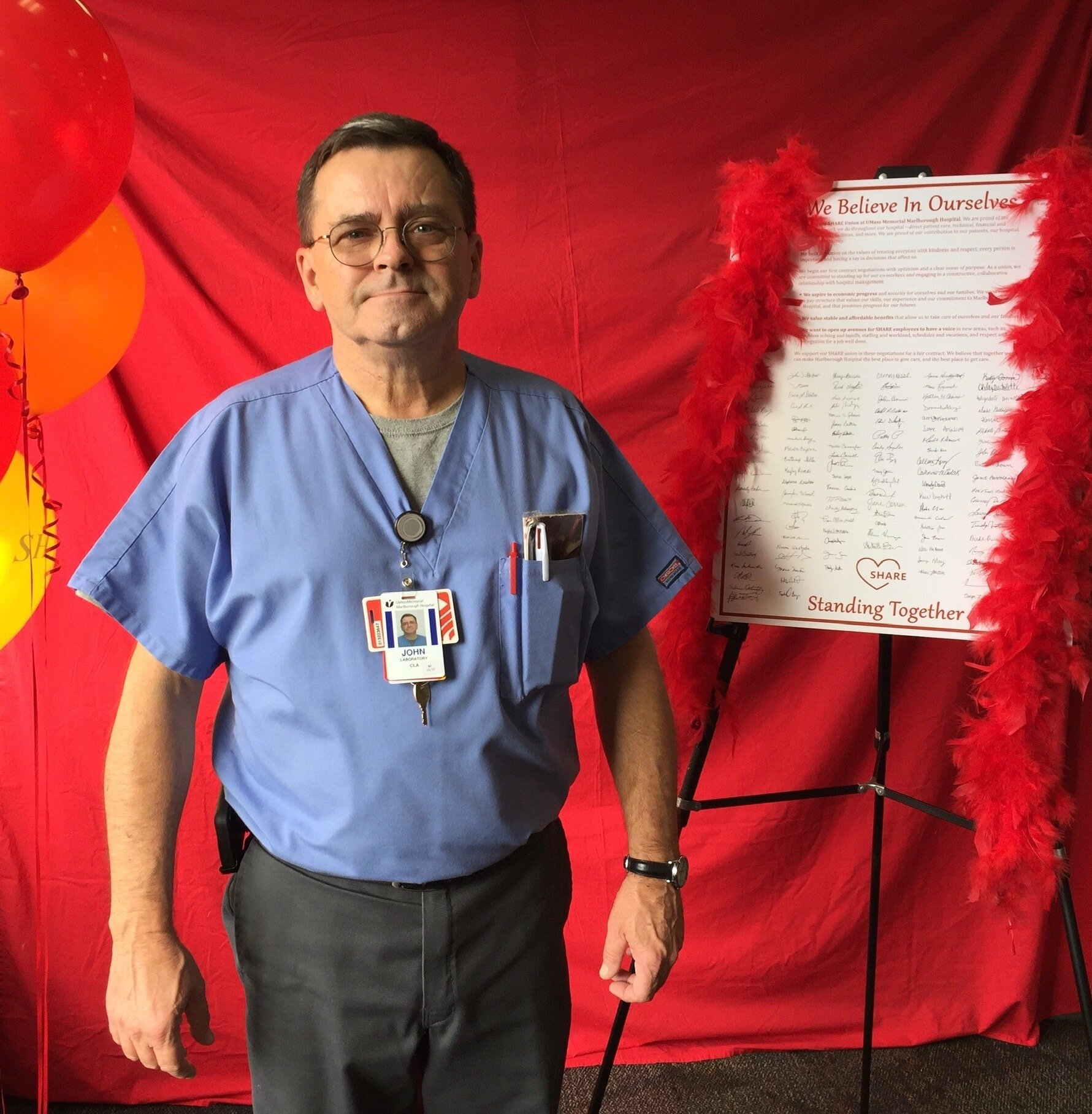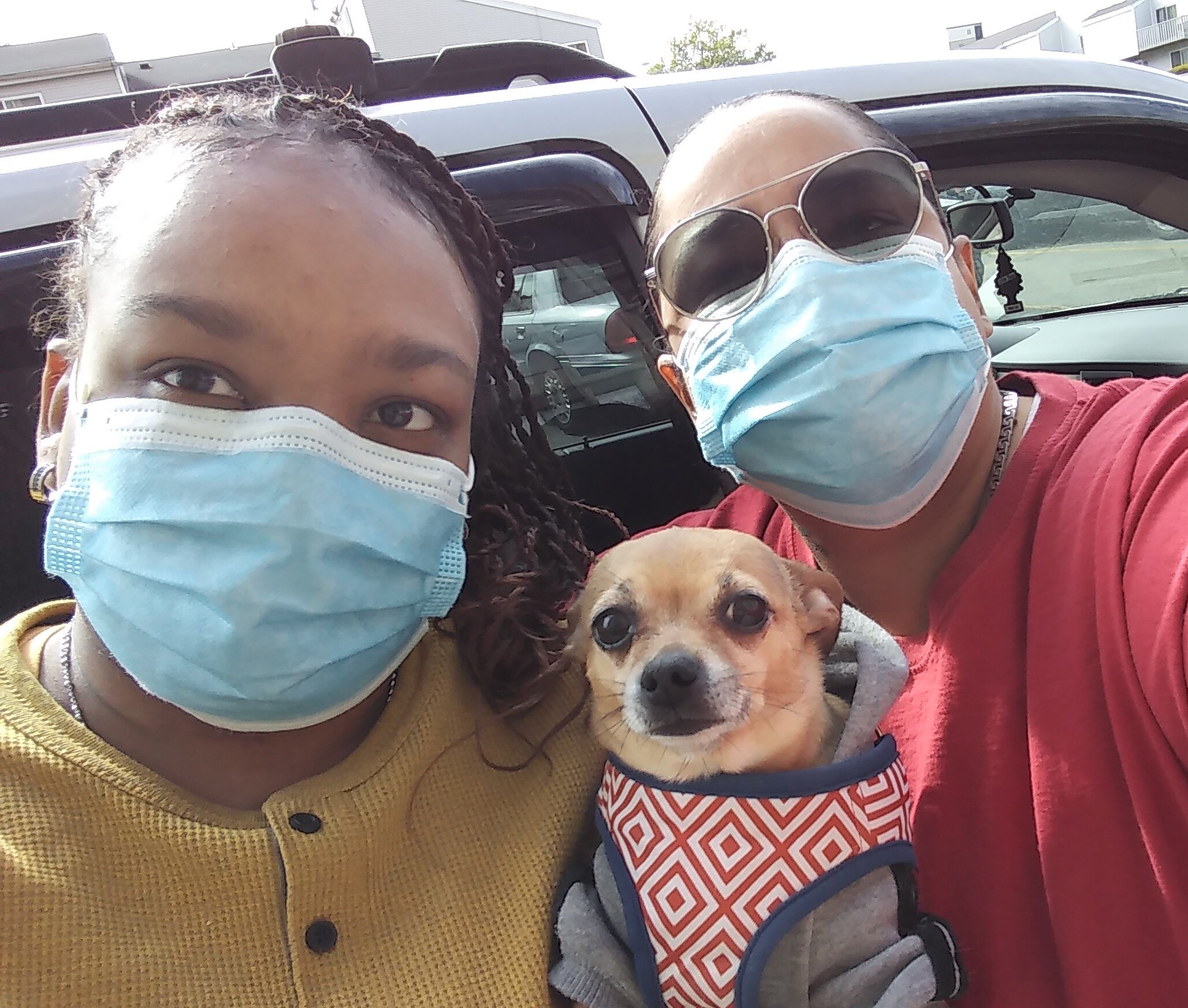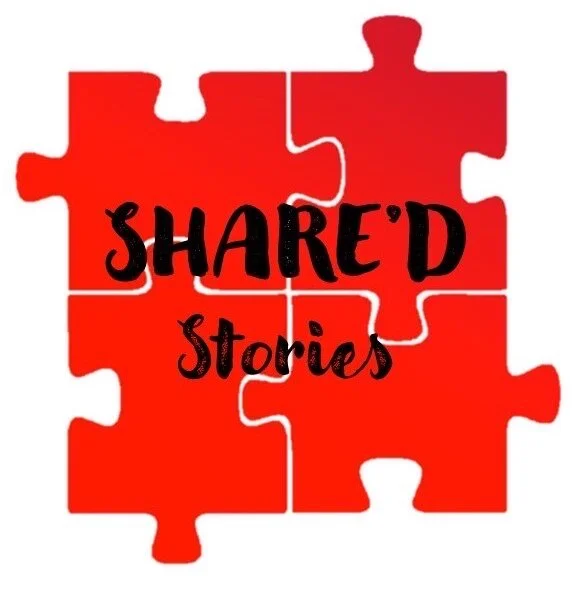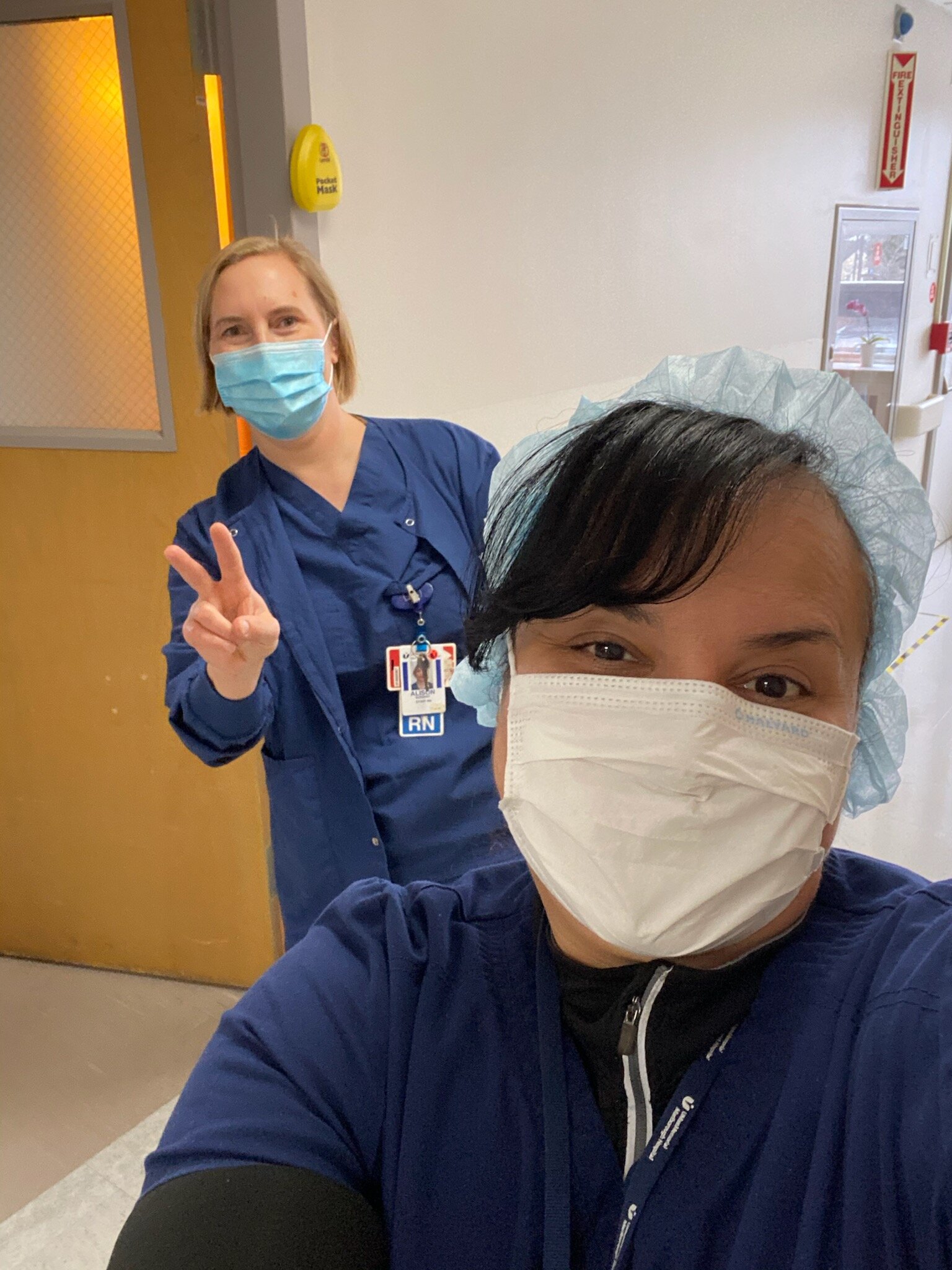Dear Member,
Right now, in the very deepest part of our hearts, we are grieving. This week has been one of revelations and affirmations. Our country is suffering.
SHARE stands with the Black community—Black Lives Matter. The systemic oppression of Black people, including the murders of George Floyd, Breonna Taylor, Ahmaud Arbery, and many before them, continues to be woven into our cultural fabric. We are all subject to the pervasive virus of racism.
We formed our union in 1997 to have a say in decisions that affect us, to set a standard of treating every single person with kindness and respect, and to cultivate community. Our strength comes from building relationships, listening to each other's stories, and taking care of one another. We are committed to standing with our most vulnerable members who experience discrimination, racism, harm, and injustice. In this moment, it is particularly important to support the Black and Brown members of our community.
Today we simultaneously feel worry, outrage, impotence. We are brokenhearted. But in moments like this, even with a global pandemic still looming over us all, a community response is needed. Building relationships of trust and taking care of each other are needed here. Together, we can demand and create justice. We must make sure that workers on the front lines are heard, and have the resources needed to find a path forward, one that includes justice, dignity, respect, and love in action.
How will this moment activate us? Can we build a new way of living with one another? To do so, we need to stop and listen with intention. Without rushing into reflexive action, we must learn even more fully and deeply from those of us in the Black and Brown communities.
Our conversations may include periods of what seem like silence, of unsaid words that people can’t or won’t share. Or, we may hear hard truths. And some of us will likely say the wrong things. These are difficult conversations; we will have to listen to each other with compassion and engage with respect.
SHARE will continue its work building strength through relationships of trust and building bridges among our communities. We extend an open invitation for you to continue with us in this work. We intend to listen.
In Solidarity,
SHARE



